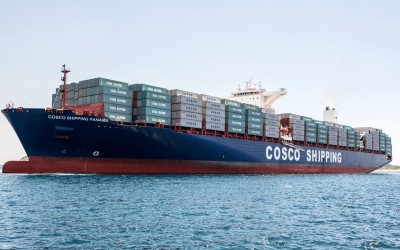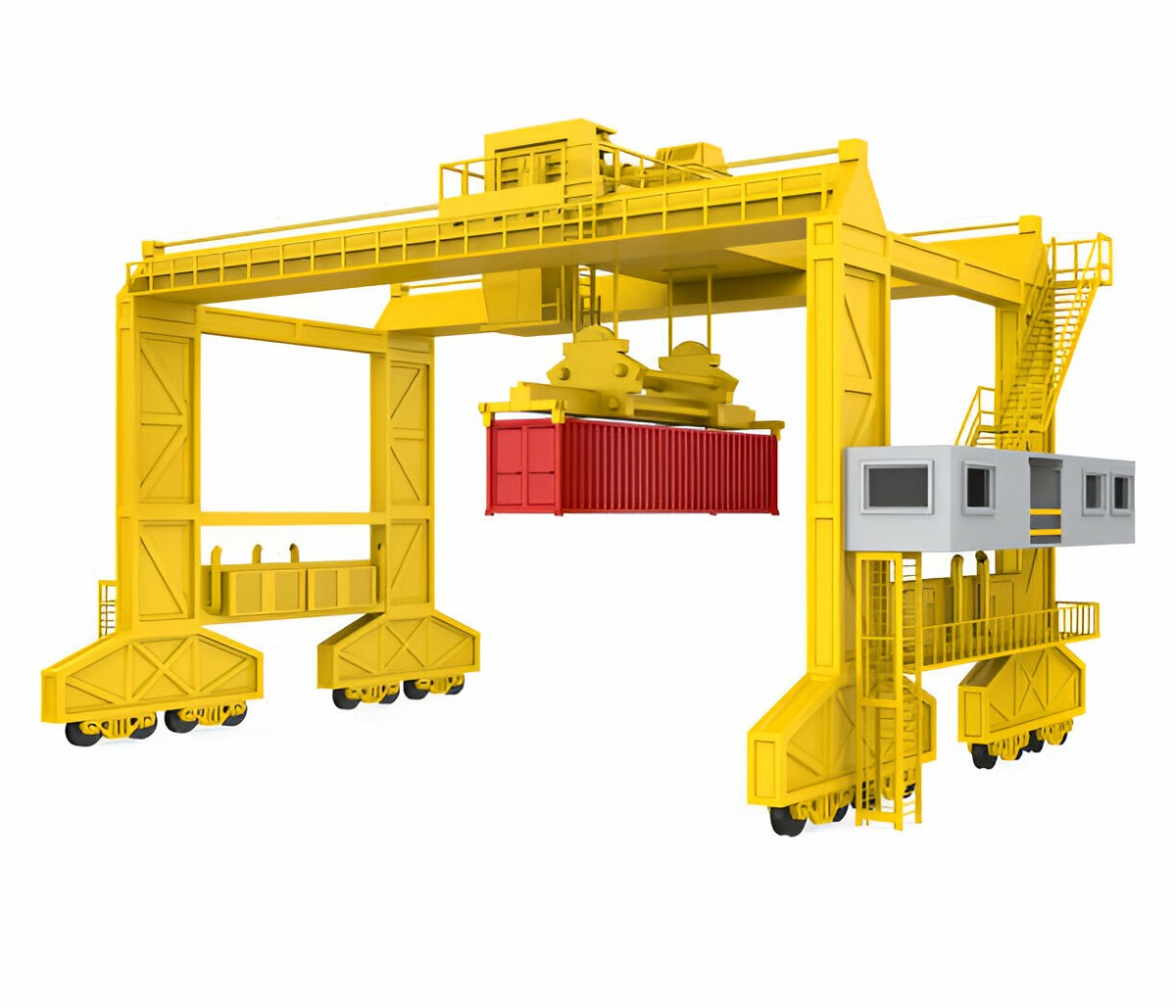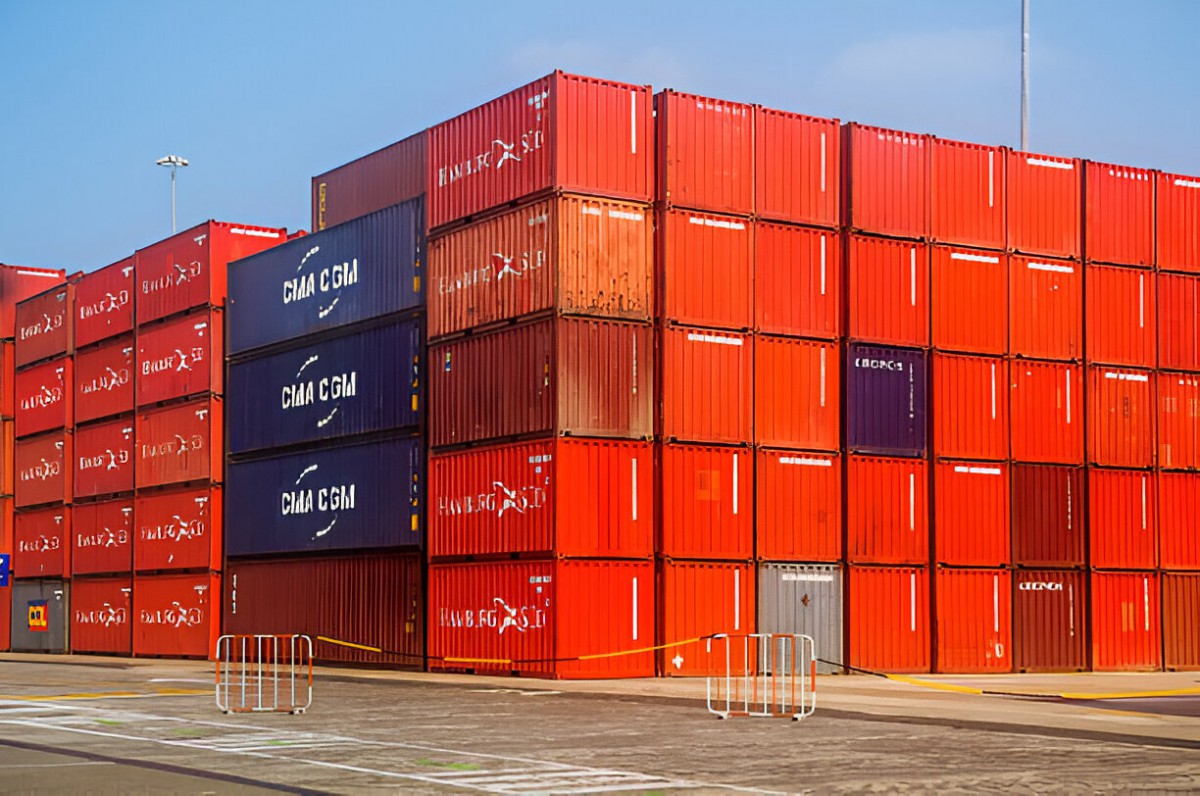What is Supply Chain Management (SCM)?
Supply chain management refers to the holistic approach of managing the flow of goods, information, and finances as they move from supplier to manufacturer to wholesaler to retailer to consumer. SCM encompasses a range of activities that coordinate and integrate these flows, aiming to enhance customer value and achieve a sustainable competitive advantage.
Key Components of Supply Chain Management:
- Sourcing and Procurement:
Sourcing involves identifying and selecting suppliers that can provide the necessary materials and services.
Procurement refers to the process of acquiring these goods and services, ensuring quality and cost-effectiveness.
- Manufacturing:
This stage involves converting raw materials into finished products. It encompasses various activities, including production planning, scheduling, and quality control.
- Transportation:
Transportation entails the movement of goods from one location to another, whether from suppliers to manufacturers, between manufacturing facilities, or from manufacturers to retailers. Efficient transportation is crucial for minimizing costs and ensuring timely delivery.
Warehousing and Storage:
Warehousing involves storing products at various points in the supply chain. Effective warehousing strategies are essential for managing inventory levels and ensuring product availability.
Distribution:
This includes the delivery of finished products to end customers. Effective distribution strategies are vital for meeting customer demands and maintaining satisfaction.
Return Management:
Often referred to as reverse logistics, this process handles the return of goods from customers back to manufacturers or retailers, whether for refunds, repairs, or recycling.
Collaboration and Coordination:
Successful SCM requires effective collaboration among all partners in the supply chain, including suppliers, manufacturers, distributors, and retailers. This collaboration can involve sharing information and resources to streamline processes and improve efficiency.
What is Logistics?
Logistics is a critical subset of supply chain management that focuses specifically on the planning, execution, and control of the movement and storage of goods, services, and related information within the supply chain. While logistics is often associated with transportation and storage, its scope extends to various operational processes that facilitate efficient supply chain functioning.
Key Components of Logistics:
- Transportation:
As previously mentioned, transportation is a significant aspect of logistics. It involves selecting the appropriate modes of transport (road, rail, air, or sea), managing routes, and ensuring timely delivery of goods.
- Warehousing:
Logistics includes managing warehouses where goods are stored before distribution. This involves optimizing warehouse layout, inventory management, and order fulfillment processes.
- Inventory Management:
Effective inventory management ensures that the right amount of products is available at the right time. This includes monitoring stock levels, managing reorder points, and employing techniques like just-in-time (JIT) inventory to minimize holding costs.
- Order Fulfillment:
This process encompasses picking, packing, and shipping products to customers. Efficient order fulfillment is essential for customer satisfaction and can involve automation and technology to streamline operations.
Supply Chain Visibility:
Logistics involves tracking the movement of goods throughout the supply chain, providing real-time visibility to stakeholders. This visibility helps in managing risks, optimizing routes, and improving overall efficiency.
- Customer Service:
Logistics plays a crucial role in customer service by ensuring that products are delivered accurately and on time. Effective communication and responsiveness to customer inquiries are vital for maintaining customer satisfaction.
The Relationship Between Supply Chain Management and Logistics
While logistics and supply chain management are distinct concepts, they are interconnected. Logistics is a crucial component of SCM, providing the mechanisms needed to move and store goods efficiently. SCM, on the other hand, encompasses a broader scope, focusing on the strategic coordination of all partners in the supply chain.
Key Differences:
- Scope: Logistics focuses specifically on the movement and storage of goods, while SCM encompasses all aspects of the supply chain, including sourcing, manufacturing, and distribution.
- Focus: Logistics emphasizes operational efficiency and cost-effectiveness in transportation and warehousing, while SCM aims to create a competitive advantage through strategic collaboration and coordination among partners.
- Goals: Logistics aims to ensure timely and accurate delivery of goods, whereas SCM seeks to optimize the entire supply chain process to enhance customer value and profitability.
Importance of Supply Chain Management and Logistics
- Cost Efficiency:
Effective SCM and logistics can significantly reduce operational costs by optimizing processes, minimizing waste, and improving resource utilization.
- Customer Satisfaction:
Timely delivery, accurate order fulfillment, and responsive customer service contribute to high levels of customer satisfaction, fostering loyalty and repeat business.
- Competitive Advantage:
Businesses that excel in SCM and logistics can differentiate themselves from competitors by offering superior service levels, faster delivery times, and better product availability.
- Risk Management:
Effective SCM and logistics practices help identify and mitigate risks, such as supply disruptions, fluctuating demand, and transportation challenges.
- Sustainability:
By optimizing transportation routes, reducing waste, and implementing eco-friendly practices, businesses can enhance their sustainability efforts and meet the growing demand for environmentally responsible practices.
In conclusion, supply chain management and logistics are fundamental components of any successful business operation. While logistics focuses on the movement and storage of goods, SCM takes a broader view, encompassing all aspects of the supply chain to drive efficiency and customer satisfaction. Understanding these concepts is crucial for businesses looking to thrive in an increasingly complex and competitive marketplace. By effectively managing both logistics and supply chain operations, companies can enhance their overall performance, reduce costs, and provide exceptional value to their customers.
























